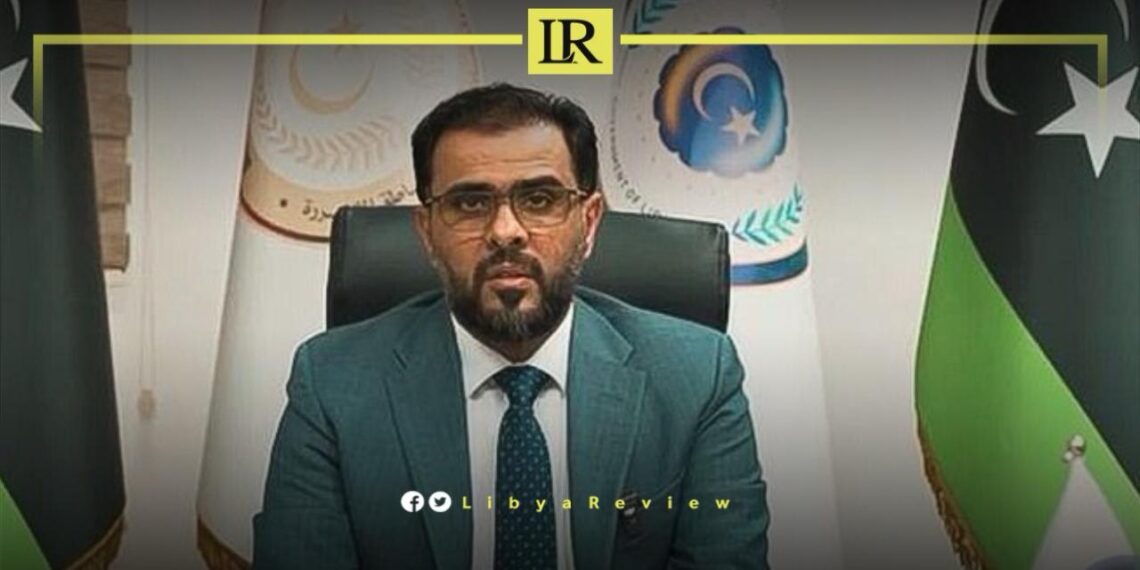In a poignant address marking the 13th anniversary of the February 17 Revolution, Libya’s Prime Minister-designate, Osama Hammad, spotlighted the government’s reconstruction and development efforts across the nation. Under well-crafted plans by the Reconstruction and Stability Committee and other executive tools, the Libyan government has embarked on a significant journey towards rebuilding the war-torn nation.
Prime Minister Hammad emphasised the allocation of necessary budgets and resources for reconstruction projects, which have already started to bear fruit. He highlighted the government’s effective response to the catastrophic aftermath of Hurricane Daniel, ensuring rehabilitation and compensation for the affected citizens.
The Prime Minister voiced concerns over the external interferences in Libyan affairs and criticized the United Nations Support Mission in Libya (UNSMIL) led by Abdoulaye Bathily, for its inability to support initiatives that could resolve the crisis and end divisions within the country. Due to Bathily’s policies, Hammad stated that he was deemed unwelcome in regions under the Libyan government’s administrative control, expressing openness to cooperation with Bathily’s successor.
Hammad also pointed to the widespread public dissent against financial mismanagement and corruption, which he sees as a testament to the Libyan people’s growing awareness and refusal to accept forceful power grabs.
In a striking statement, Hammad condemned the lavish spending on celebrations while many Libyans live in poverty, advocating for fiscal responsibility and public welfare. He lamented the delay in salary payments and a systemic starvation policy, urging for unity, non-violence, and reconciliation among Libyans.
The Prime Minister encouraged Libyans to exercise their constitutional rights to express their will through fair elections, underscoring the government’s support for municipal elections and its commitment to achieving democratic milestones for Libya’s stability and prosperity.
Libya has been in chaos since a NATO-backed uprising toppled longtime leader Moammar Gaddafi in 2011. The county has for years been split between rival administrations.
Libya’s economy, heavily reliant on oil, has suffered due to the ongoing conflict. The instability has led to fluctuations in oil production and prices, impacting the global oil market and Libya’s economy.


